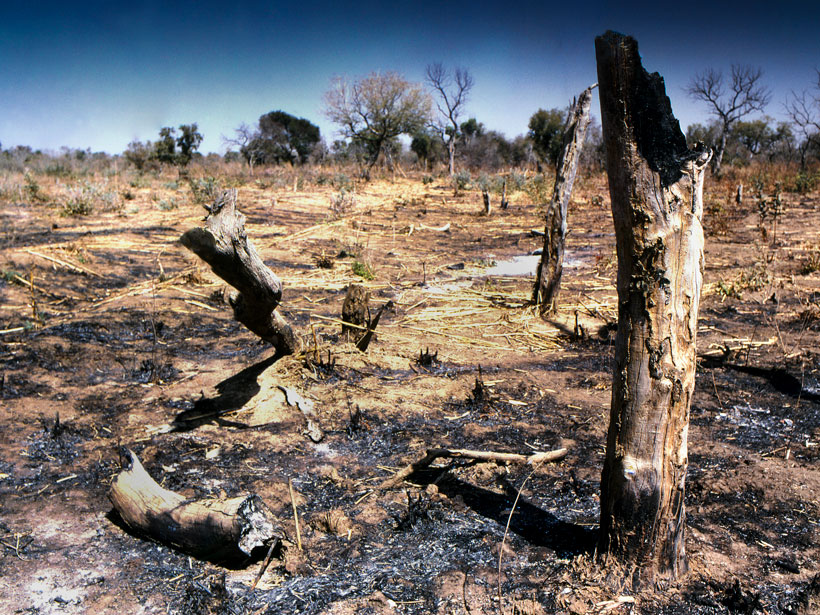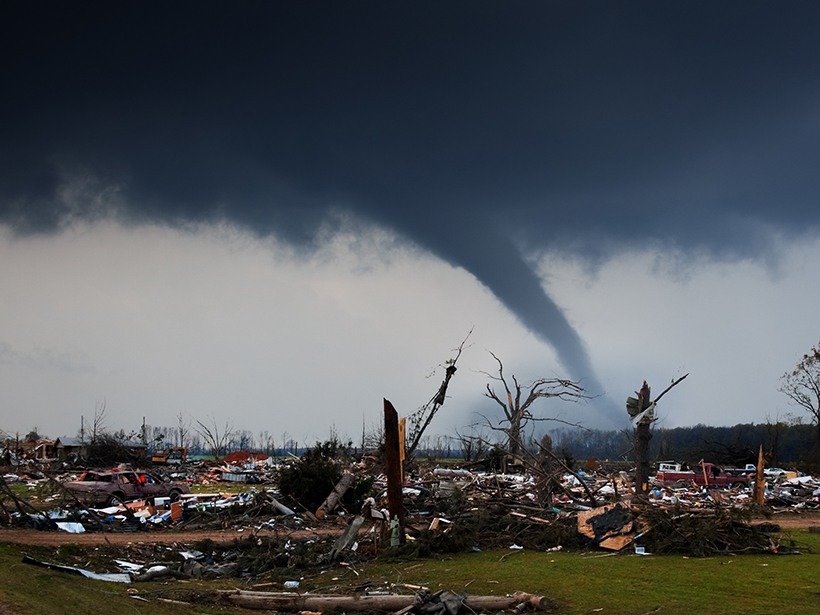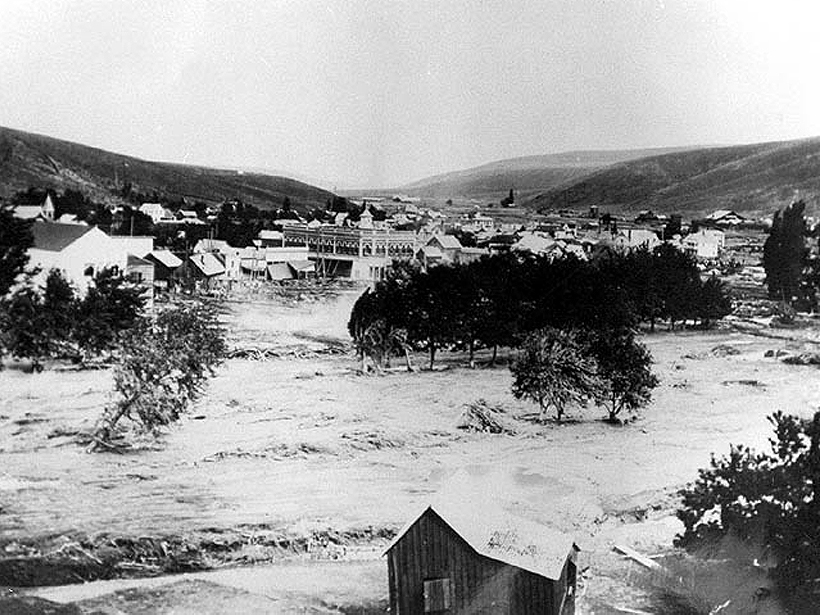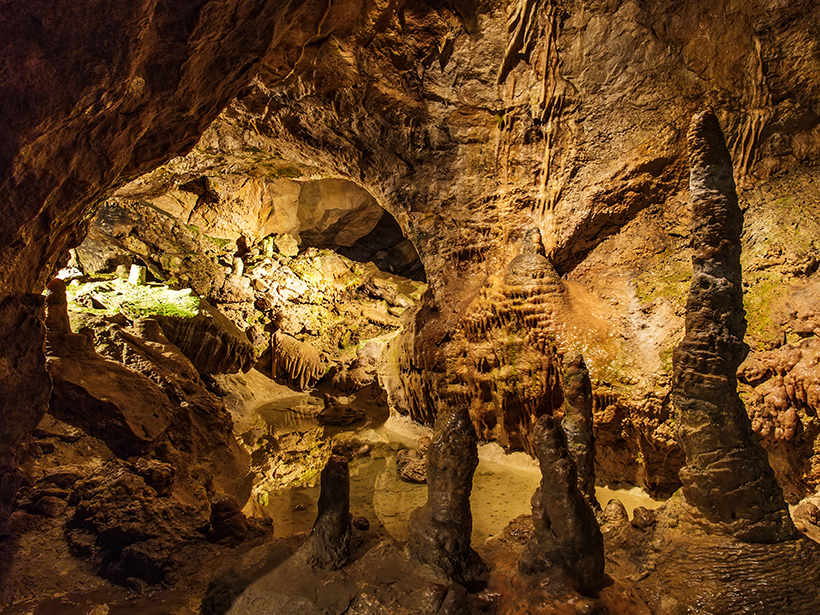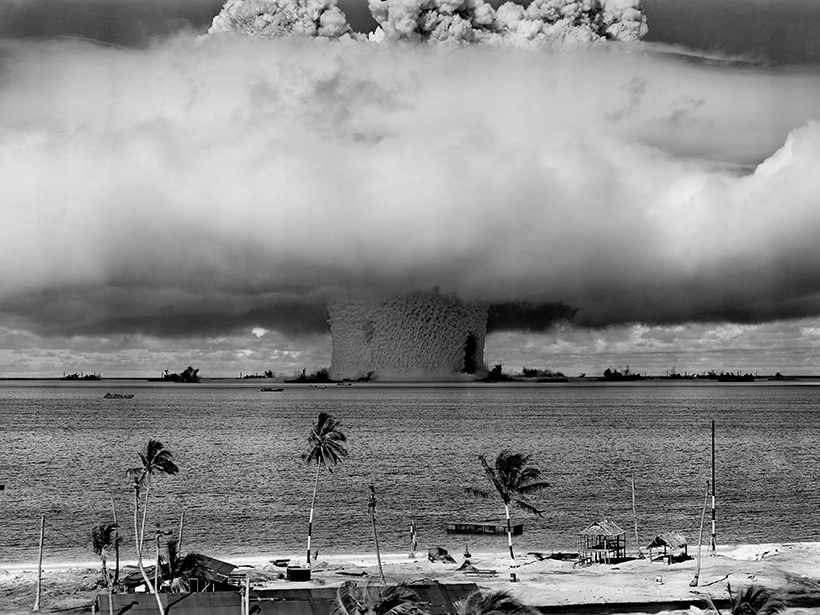Biomarker analyses from an offshore sediment core suggest that increased fire occurrence around 55,000 years ago coincided with increased fuel loads and human settlement in this region.
history
Westward Expansion, Technology, and Tornado Fatalities
By mining records from 1808 to 2017, researchers can now show just how many lives have likely been saved by technology like radar.
Varying Impact of Earthquake- and Monsoon-Induced Landslides
Using nearly 50 years of satellite data and records stretching back millennia, scientists determine the relative frequency—and the erosional power—of monsoon- and earthquake-induced landslides in Nepal.
Forensic Probe of Bali’s Great Volcano
Evidence from volcanic crystals sheds light on magma storage under Mount Agung and helps explain this giant volcano’s frequent eruptions.
Future Mars Rover Named for DNA Pioneer Rosalind Franklin
The rover will explore a once water rich region on Mars’s surface and search for evidence of current and past life.
Scientists Discover Evidence of Long “Ocean Memory”
Measurements from a 19th century scientific expedition have revealed that the deep Pacific waters are cooling from lower global temperatures centuries ago.
The Meteorological Culprits Behind Strange and Deadly Floods
A new study examines how unusual meteorology interacted with topography and other local conditions to generate some of the most devastating floods in American history.
The Akkadian Empire—Felled by Dust?
Chemical measurements of a stalagmite from a cave in Iran reveal a large uptick in dust activity in northern Mesopotamia roughly 4,200 years ago, coincident with the decline of the Akkadian Empire.
Apollo 11 Commemorative Coins Available Today
The coins commemorate the upcoming fiftieth anniversary of the historic Moon landing and the first steps on the Moon.
Podcast: How the Cold War Drove Atmospheric Science
In the first episode of a special series, AGU’s Third Pod from the Sun traces a path from nuclear fallout detectors to modern-day meteorology instruments.

